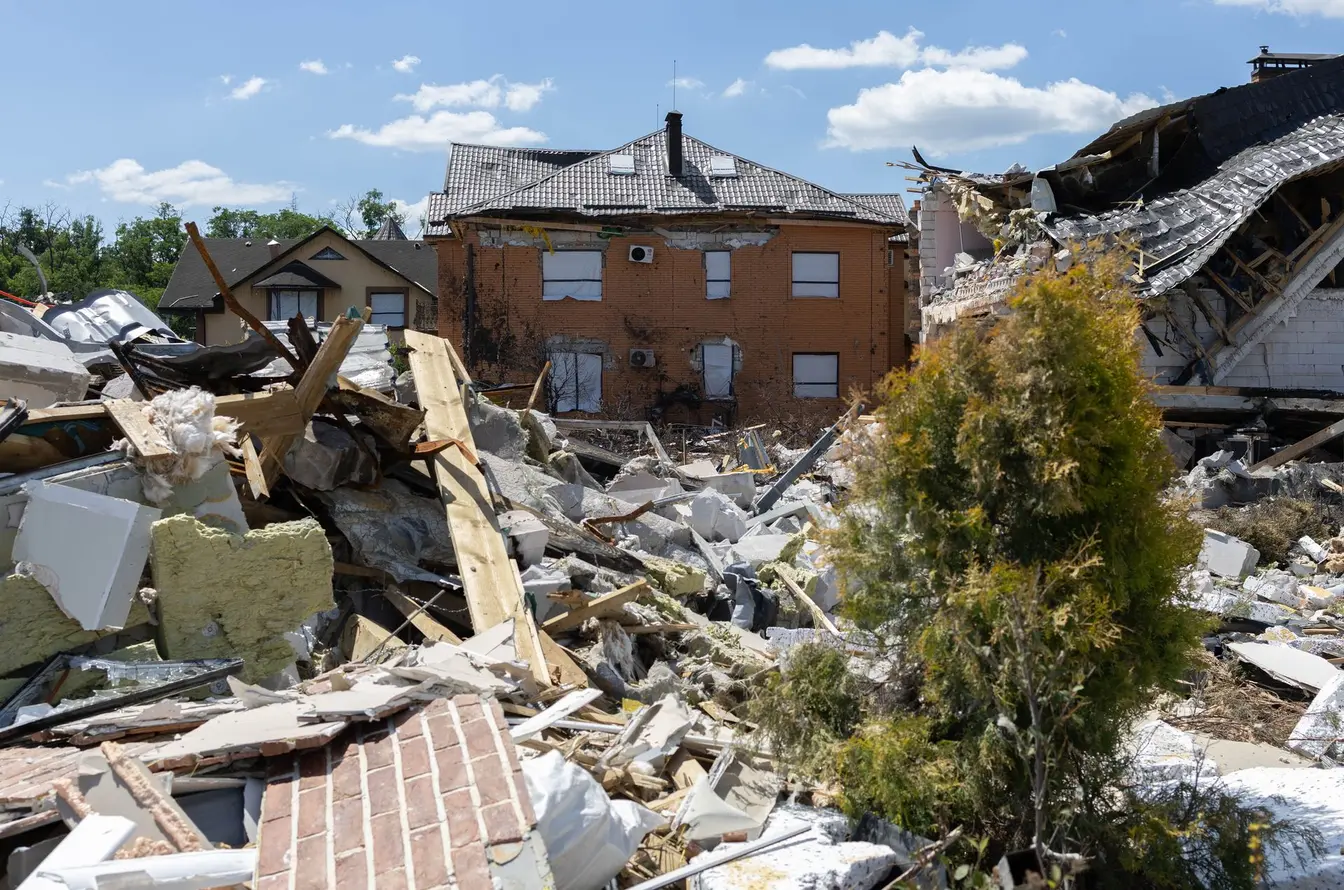T4K3.news
Russia Builds a Wartime Edge
Drones and big paychecks are reshaping Moscow's war effort and could influence the conflict's trajectory.
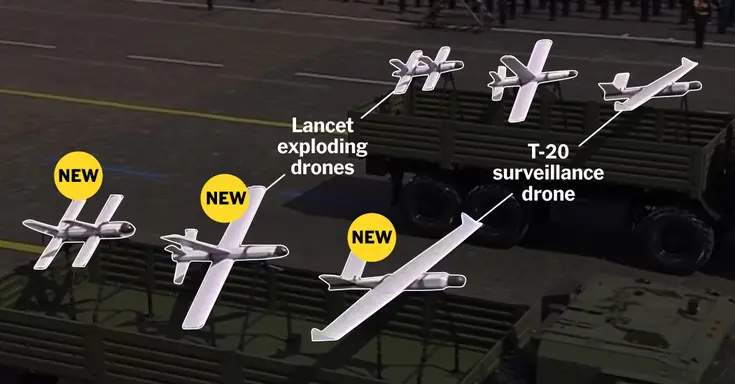
A look at how Moscow rebuilt its war machine through pay, recruitment and a fast expanding drone program.
Russia Builds a Wartime Edge With Drones and Payoffs
Vladimir Putin presented Russia as having the upper hand on the battlefield as talks loom in Alaska, arguing that Ukrainian resistance will grow costlier if Moscow presses its terms. After a rough phase in 2022, Russia rebuilt its military and economy around the goal of outlasting Ukraine and forcing a favorable peace. The report notes how recruitment and high pay became central to sustaining the war effort, with sign‑up bonuses, pensions and life‑long benefits now shaping enlistment decisions.
The piece details an industrial push that has shifted the balance of power. Drone production is rising quickly, led by the Geran-2 drone built at the Yelabuga plant in Tatarstan and supported by a revived Soviet‑era factory network. The elite Rubicon drone unit links operators with inventors and manufacturers, while higher defense spending helps keep the machine running despite sanctions. Russia is said to recruit about 1,000 soldiers a day, and the defense budget this year is reported well above Ukraine’s, fueling the broader push to outpace Kyiv in drones, missiles and conventional weapons. Yet the story also notes vulnerabilities: reliance on foreign components, aging troops, and the strain of heavy recruitment on regional budgets and social tolerance.
Key Takeaways
"Keep at it, then, keep at it. It will only get worse."
Putin at an economic forum signaling the cost of resistance.
"Wherever a Russian soldier sets his foot, it’s ours."
Putin asserting battlefield gains as a measure of control.
"The larger the payout, the less sympathy fallen or injured soldiers receive from society, and the less likely are the protests against the war."
Expert commentary on social impact of recruitment incentives.
"Warfare is becoming unmanned."
Drone-centric view of modern warfare from a state official.
The shift toward a technocratic, top‑down war economy is the thread that runs through these reforms. Moscow bets that money and modern weapons can compensate for older stock and dwindling manpower, but that logic rests on a fragile balance of sanctions resilience and public support. The same payouts that sustain enlistment also risk dampening sympathy for injured soldiers and spark political friction if expectations fade.
Internationally, Russia’s drone drive signals a new frontier in warfare that could prolong the conflict and complicate Western intervention. The collaboration with Iran, North Korea and China expands Moscow’s options but also deepens dependency on foreign partners and exposes the regime to new risks if those relationships falter. If Moscow’s gains hinge on industrial speed rather than strategic breakthroughs, the war could pivot into a long attrition struggle where economics, not simply battlefield nerve, decides the outcome.
Highlights
- Money buys soldiers and courage now travels with a paycheck
- Drones decide battles as fast as artillery once did
- War is becoming an economy as much as a battlefield
- A drone is not just a weapon it is a frontline pioneer
Political and budget risk from wartime recruitment
The article shows Russia funding large enlistment payments and using prisons to bolster manpower, which could provoke domestic backlash and strain regional budgets. It also notes dependence on foreign components and sanctions exposure, creating political and economic sensitivity.
The coming months will show whether battlefield momentum can translate into lasting political leverage.
Enjoyed this? Let your friends know!
Related News
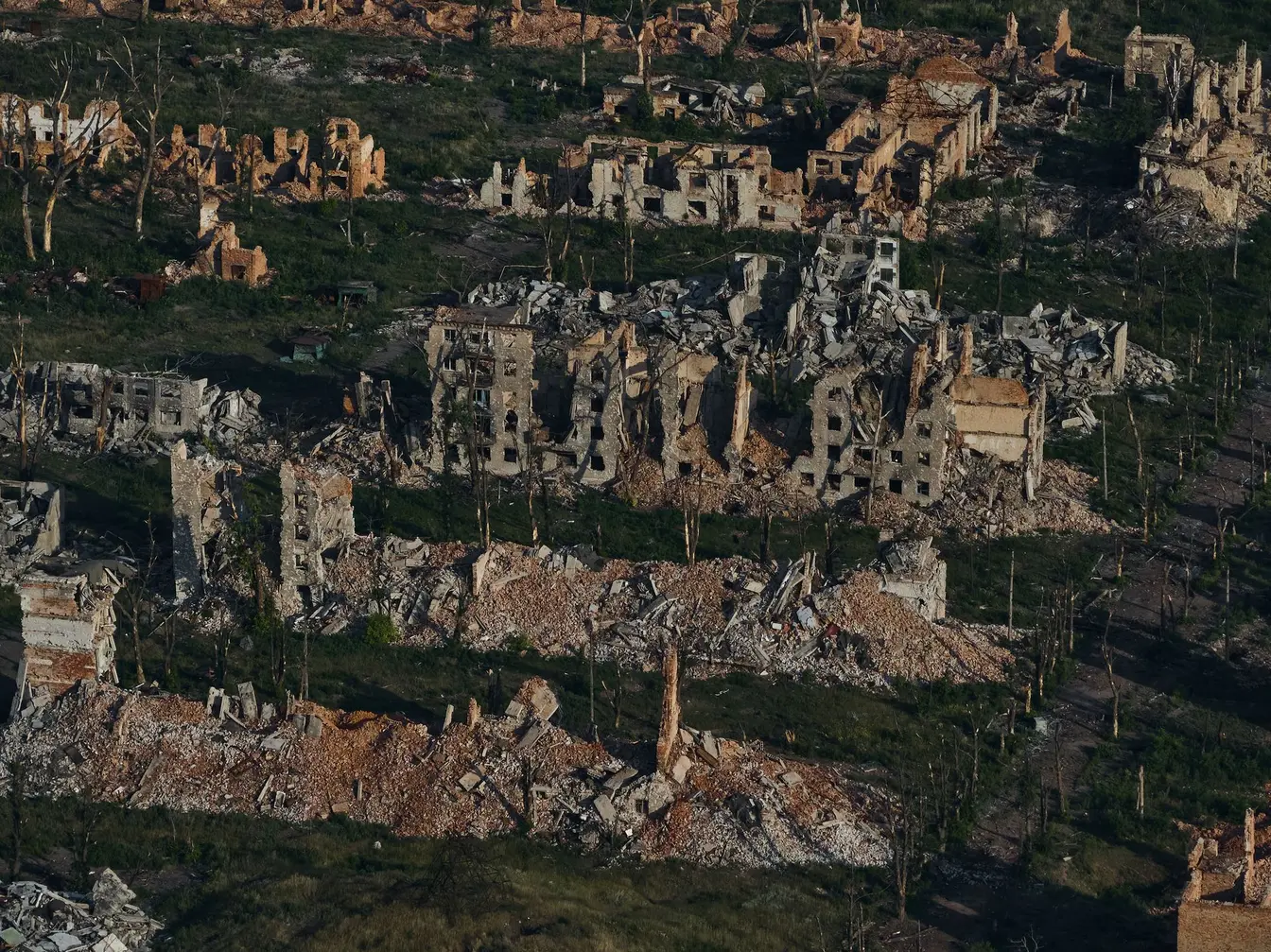
Ukraine rebuffs Russia's claims about Chasiv Yar
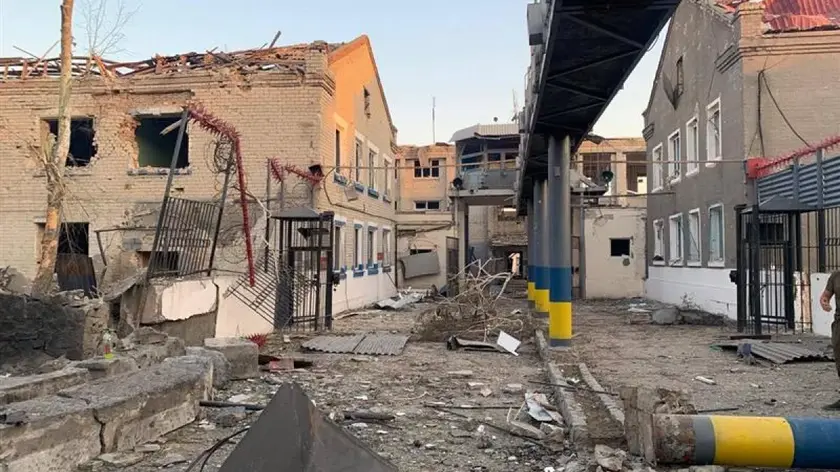
17 inmates killed after Russian strike in Ukraine
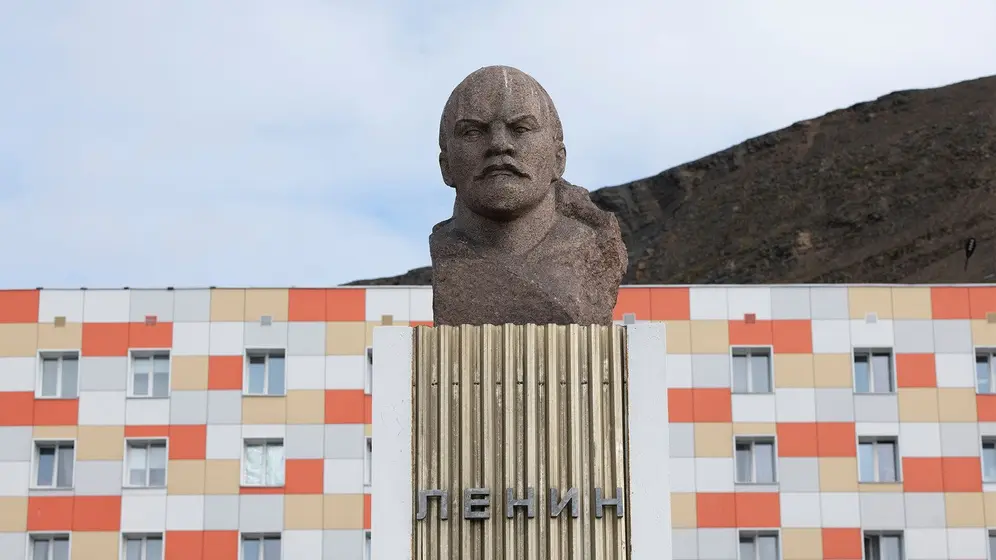
Arctic town Barentsburg sees creeping influence

Trump signals peace talks with Russia ahead of Alaska summit
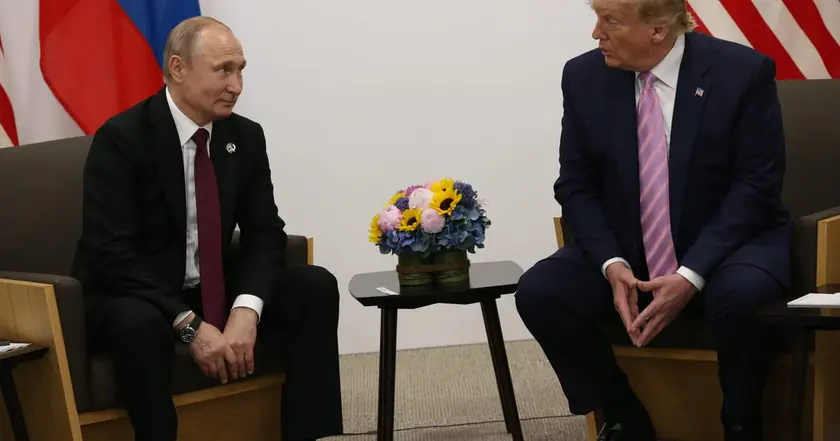
Trump and Putin hold private talks in Alaska
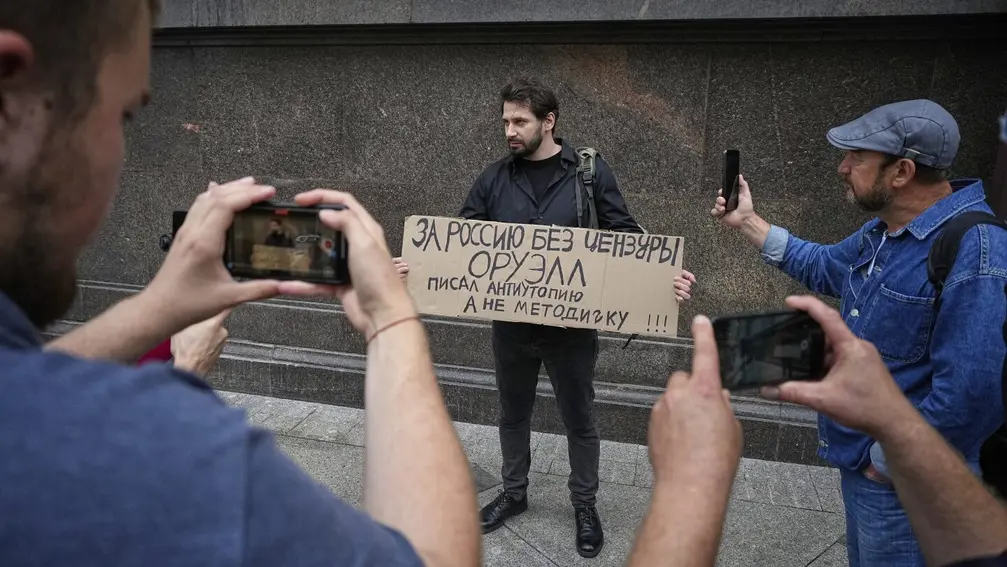
Russia tightens internet censorship measures

Russian economy set for near-zero growth by 2025
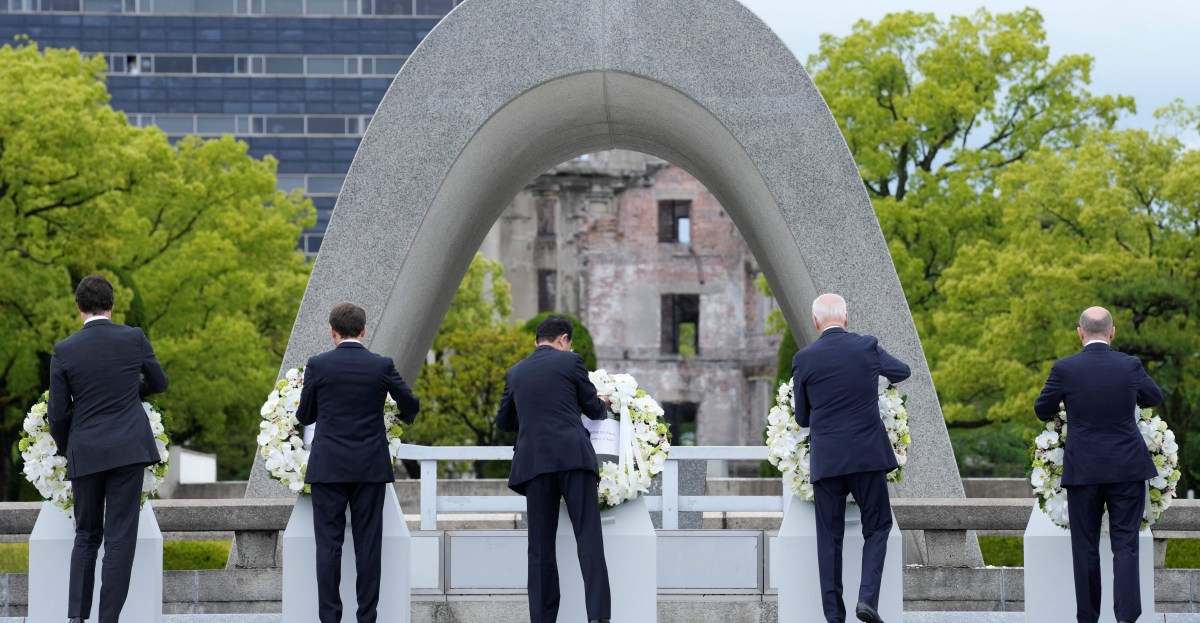
World marks Hiroshima anniversary with renewed nuclear fears
